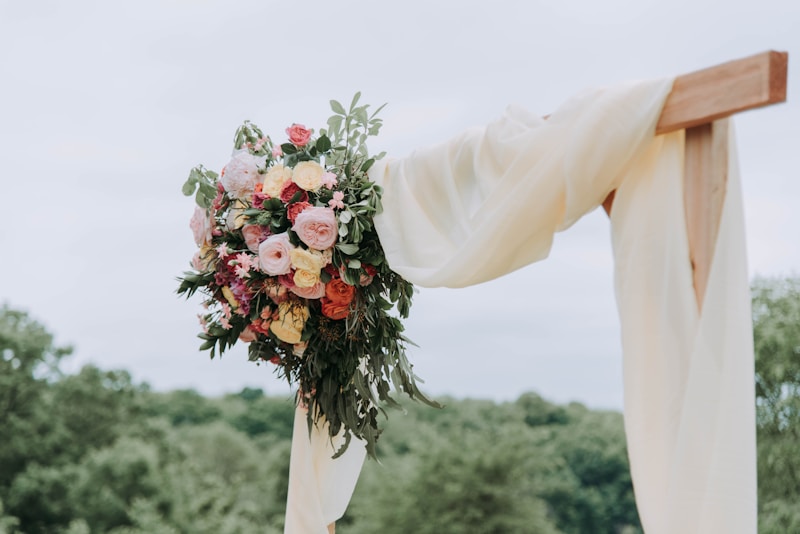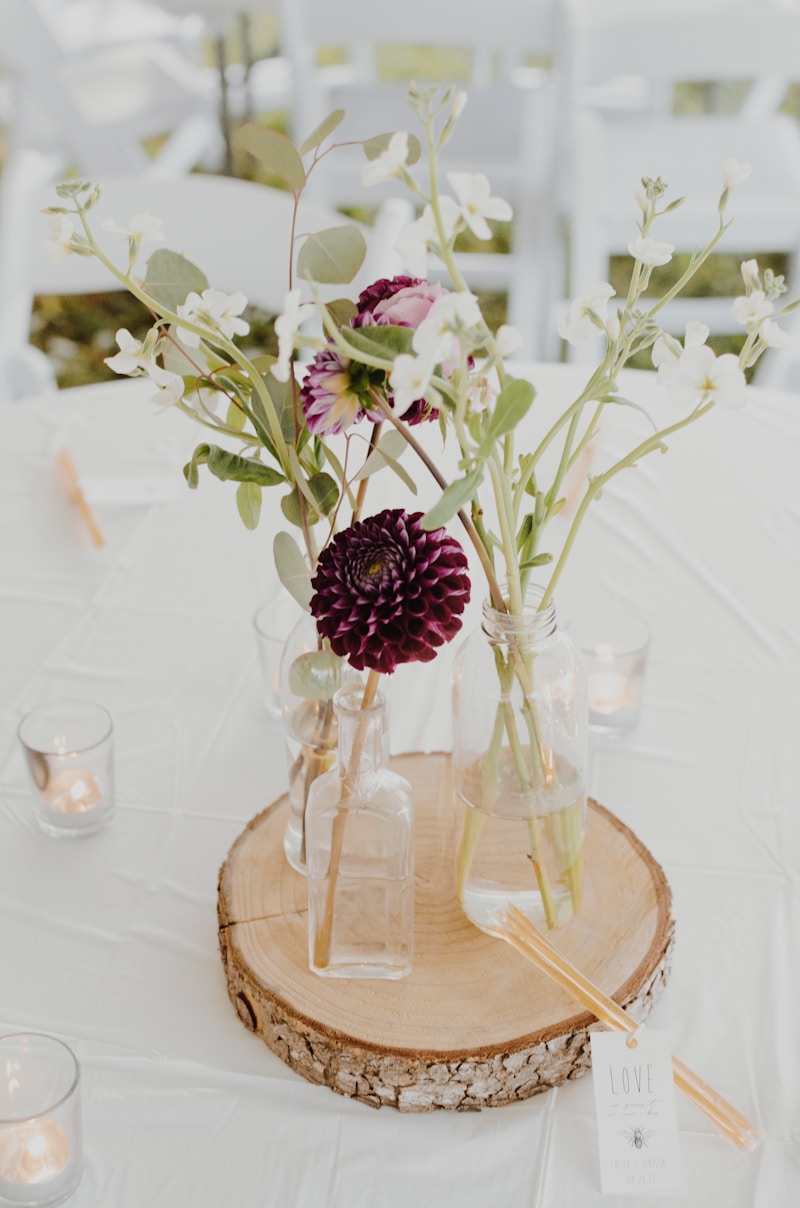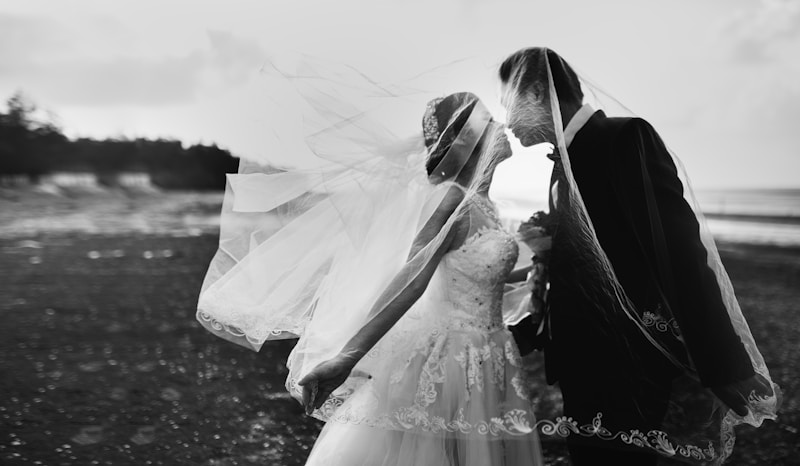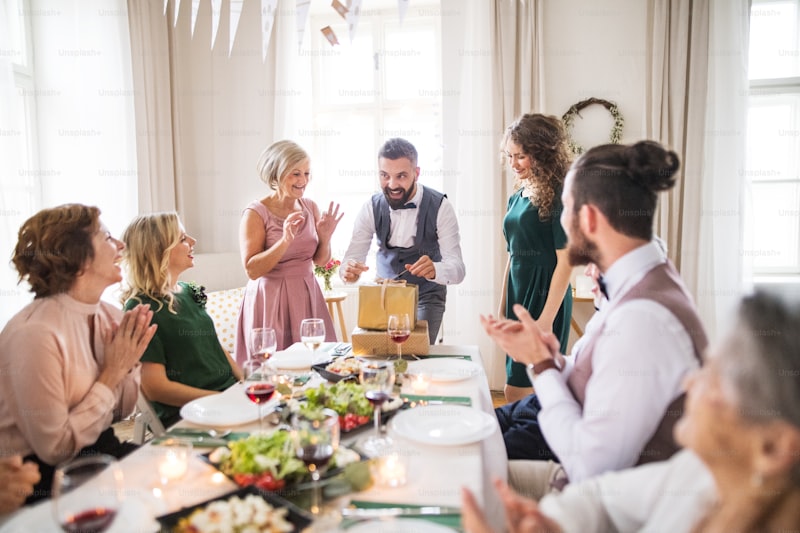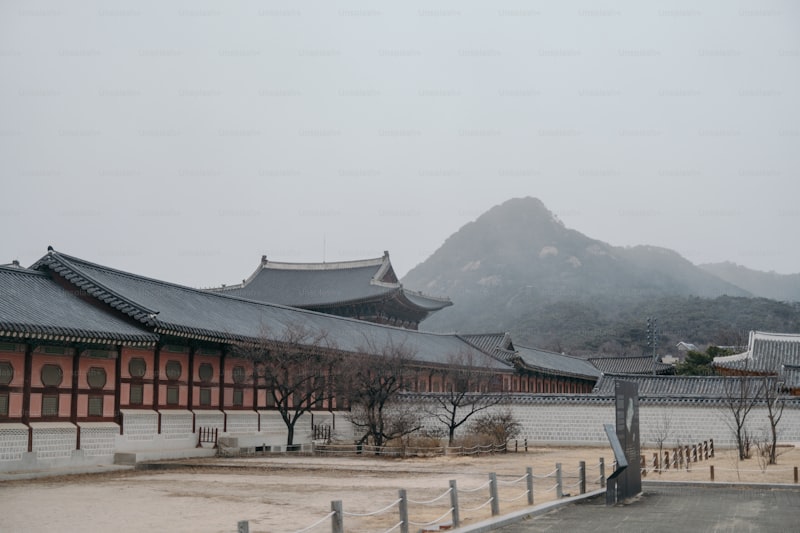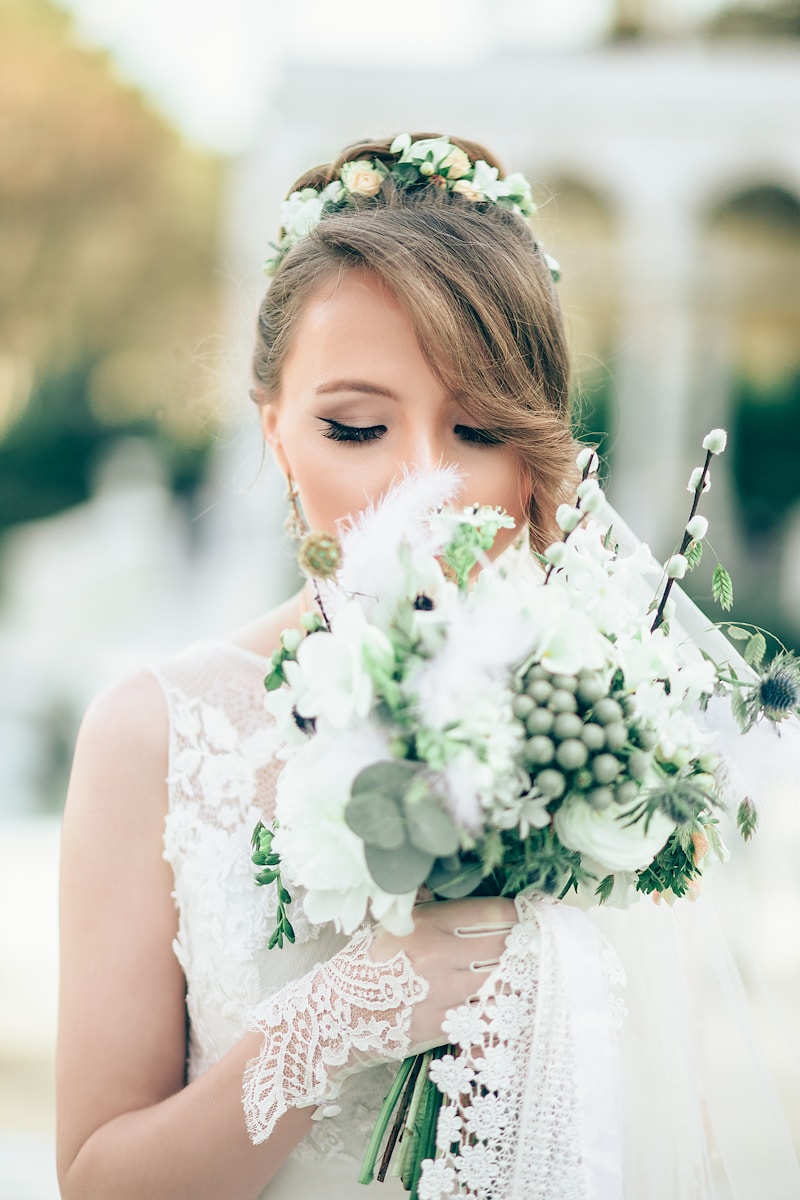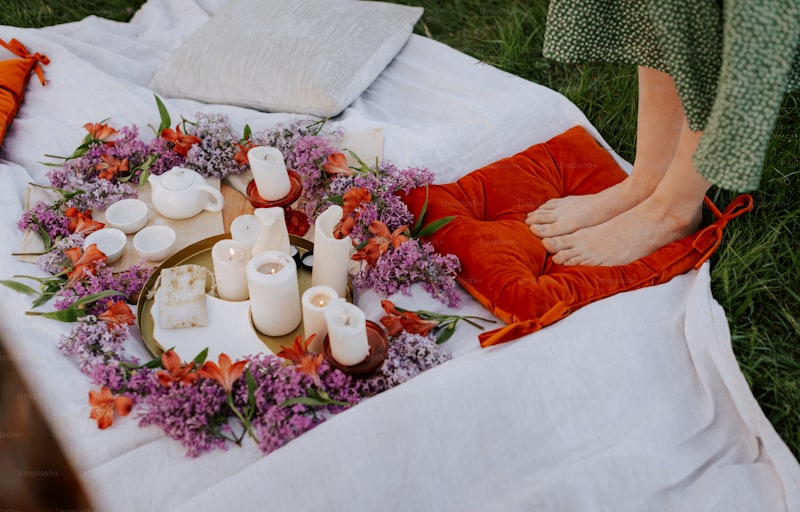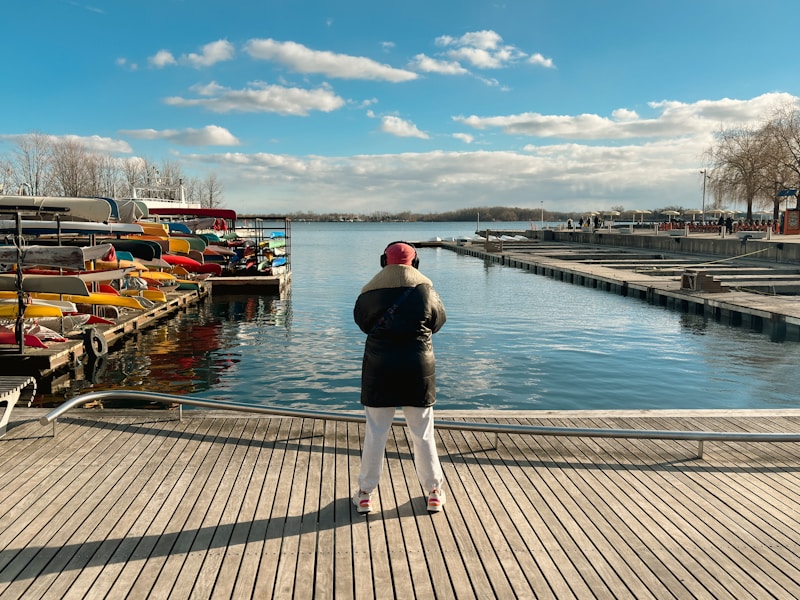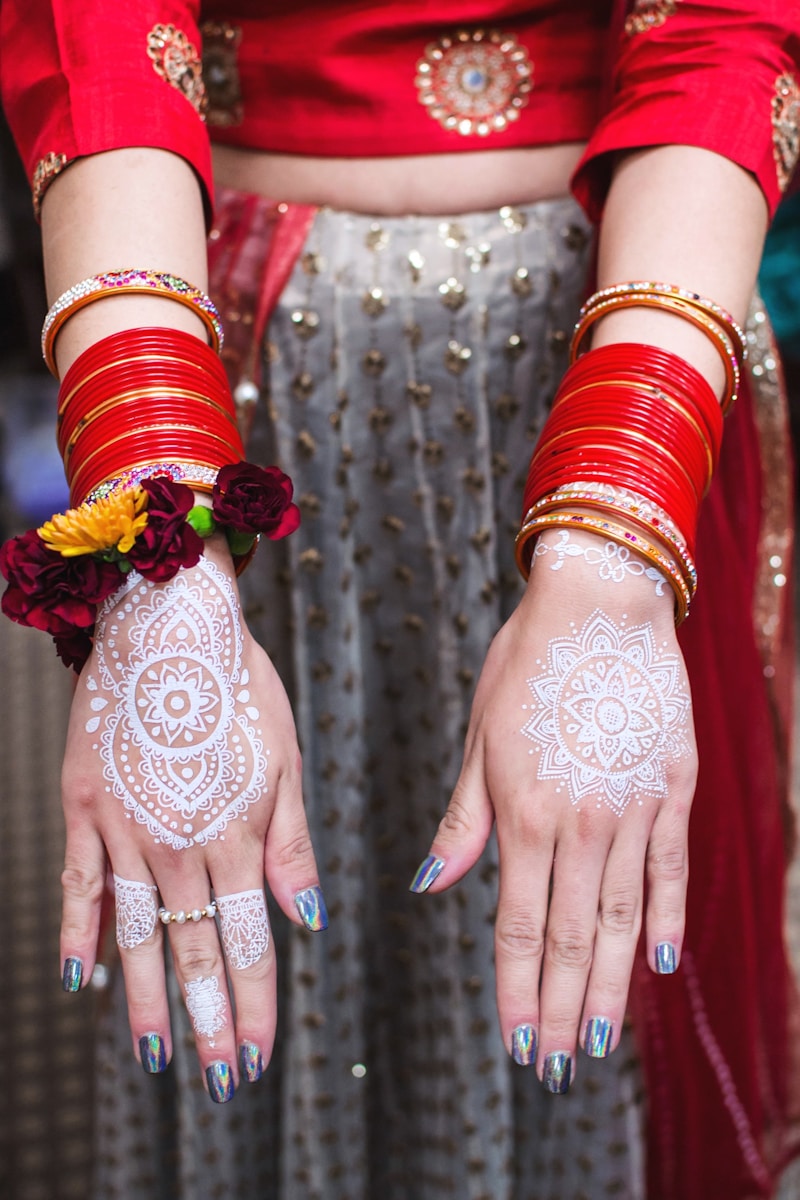Honoring Ancestry in Modern Weddings: A Timeless Tradition Meets Contemporary Celebrations
Weddings are a beautiful tapestry woven with love, culture, and tradition. In today’s fast-paced world, many couples seek to merge modern elements with their rich ancestral heritage in their wedding ceremonies. Honoring ancestry in modern weddings not only provides a link to the past but also enriches the couple’s shared narrative. This article explores various ways to incorporate ancestral traditions into modern weddings, along with tips and ideas for couples heading down the aisle.Why Honor Ancestry in Weddings?Honoring ancestry in modern weddings brings several benefits. It allows couples to: Connect with Heritage: Incorporating traditions fosters a sense of belonging and pride in one’s heritage. Share Family Legacy: Couples can share stories and practices from their families, creating a richer experience for their guests. Enhance the Celebration: Unique traditions can make the wedding memorable and distinct, reflecting personal values and histories.Ways to Honor Ancestry in Modern WeddingsHere are some creative ways to honor ancestry while planning a modern wedding:TraditionModern TwistFamily HeirloomsWear or display family heirlooms as jewelry or decor, incorporating them into the wedding aesthetic.Cultural AttireIncorporate traditional attire during specific rituals while retaining modern elements for the main ceremony.Family RecipesInclude family recipes in the menu to create a personal touch that reflects heritage.Rituals and CustomsAdapt traditional rituals to fit...
Exploring Traditional Wedding Feasts and Cuisine: A Culinary Journey Through Cultures
Wedding celebrations are not just about the union of two souls; they are also a grand feast that embodies the essence of cultural traditions and culinary artistry. Traditional wedding feasts and cuisine vary significantly across different cultures, reflecting unique customs and flavors. In this article, we will explore the vibrant world of wedding cuisines from around the globe, delving into the significance of these dishes, common elements in traditional wedding feasts, and how they bring families and communities together.The Cultural Significance of Wedding FeastsWedding feasts are more than just meals; they symbolize unity, hospitality, and celebration. In many cultures, the food served at a wedding is imbued with meanings and reflects the history and the values of the community. For example, in Chinese culture, the number of dishes served is often linked to good fortune, with an emphasis on eight (八) being a lucky number. Similarly, in Middle Eastern cultures, sharing food signifies generosity and the spirit of family.Common Elements in Traditional Wedding CuisinesWhile there is immense diversity in wedding cuisines worldwide, some common elements often stand out: Symbolic Ingredients: Many cultures utilize specific ingredients believed to bring luck, prosperity, or fertility. For example, rice symbolizing fertility and abundance is often featured in Asian weddings. Family Recipes: Traditional dishes passed down through generations often take center stage, as they h...
Exploring Wedding Etiquette and Decorum Through the Ages
Understanding Wedding Etiquette: A Historical PerspectiveWeddings are among the most cherished traditions in human society, representing love, union, and celebration. However, the customs and manners associated with weddings have evolved considerably over the centuries. In this article, we will delve into the fascinating wedding etiquette and decorum through the ages, exploring how different eras and cultures have shaped modern-day practices.1. The Origins of Wedding EtiquetteWedding etiquette dates back thousands of years, with practices that differed greatly across societies. In ancient Roman times, weddings were considered a social contract between families rather than a union of love. The concept of dowries was significant, influencing the etiquette surrounding marriage. Many historians believe that the formalization of wedding ceremonies helped lay the groundwork for modern wedding etiquette.Table of Historical Wedding PracticesEraCustoms and EtiquetteKey CharacteristicsAncient RomeDowries and family contractsMarriage as a social obligationMedieval EuropeChivalric codes and church ceremoniesImportance of faith and social statusVictorian EraStrict social etiquette and formal invitationsMarriage as a public eventModern DayPersonalized ceremonies and digital invitationsFocus on individuality and love2. Wedding Etiquette in Different CulturesAs we explore wedding etiquette and decorum through the ages, it is essential to acknowledge the cultural differences that influence we...
Exploring the Legacy of Wedding Traditions Across Cultures
The Rich Tapestry of Wedding TraditionsThe celebration of love and unity through weddings is a universal theme, yet the traditions surrounding these events vary magnificently across cultures. Each culture brings its unique interpretations and rituals to the wedding ceremony, creating a colorful tapestry of practices and beliefs. This article delves into the legacy of wedding traditions across different cultures, highlighting their significance, evolution, and the values they embody.Understanding Wedding TraditionsWedding traditions have been an integral part of societies for centuries, reflecting the unique social, religious, and cultural values of the communities. These practices often encompass rites of passage, familial obligations, and spiritual beliefs. Below is a summary of the factors influencing wedding traditions:FactorDescriptionCultureEach culture has unique customs that shape how weddings are celebrated.ReligionReligious beliefs often dictate the ceremonies and rituals performed.HistoryHistorical events and societal changes influence modern wedding practices.FamilyFamilial expectations and traditions play a vital role in wedding ceremonies.Regional Variations in Wedding TraditionsAs we explore various cultures, it's essential to recognize how geography and local customs craft distinct wedding traditions.Western WeddingsIn many Western cultures, such as in the United States and Europe, weddings are often characterized by the exchange of rings and vows. The popular ...
Translating Heritage into Modern Ceremonies: Bridging Tradition and Innovation
The Essence of Cultural Heritage in Modern CelebrationsIn an increasingly globalized world, the importance of maintaining cultural heritage has never been more crucial. Many communities are making significant efforts to preserve their traditions while adapting them to contemporary contexts. One of the most compelling areas of this evolution is in the way heritage is translated into modern ceremonies. This article explores the various facets of translating heritage into modern ceremonies, including the challenges, opportunities, and various cultural practices worldwide.Understanding Heritage CeremoniesHeritage ceremonies are vital expressions of culture, celebrating historical events, significant life milestones, and communal values. These ceremonies can vary widely from region to region but usually encapsulate unique elements that reflect a society's collective identity. Whether it’s a wedding, a festival, or a rite of passage, understanding the historical context and significance of these celebrations is essential in the process of modernization.Challenges in Translating HeritageWhile many communities endeavor to modernize their ceremonies, several challenges can hinder this process. Below are some of the most common obstacles:ChallengeDescriptionCultural ResistanceMany individuals within a community may resist changes to traditional ceremonies, fearing a loss of identity or authenticity.CommercializationModern adaptations can sometimes lead to the commercialization of cerem...
The Profound Influence of Folklore on Wedding Celebrations
Wedding celebrations are often seen as a blend of tradition, culture, and personal expression. Among these elements, folklore plays a significant role in shaping the customs and rituals associated with marriage. From ancient tales to contemporary practices, the influence of folklore spans across various regions and cultures, enriching the wedding experience and connecting couples to their heritage. In this article, we will explore the various ways folklore influences wedding celebrations, while highlighting different cultural practices around the world.Understanding Folklore in Wedding ContextsFolklore refers to the traditional beliefs, customs, stories, songs, and practices of a culture. When it comes to weddings, folklore provides a framework of meanings and rituals that shape how couples celebrate their union. This influence can manifest in various forms, such as: Rituals: Specific actions performed during weddings, often steeped in tradition. Symbols: Objects or practices that hold deep cultural significance, like wedding rings or specific attire. Music and Dance: Folkloric songs and dances unique to a culture that celebrate love and union. Stories and Legends: Narratives passed down through generations that illustrate love, sacrifice, and commitment.The Role of Folklore in Different CulturesDifferent cultures around the world have their own unique wedding folklore that influences how celebrations are conducted. Here are some examples:North American Traditions...
Exploring the Religious Significance in Traditional Weddings
Weddings are not merely celebrations of love; they are deeply rooted in cultural and religious significance. Across various societies, traditional weddings embody customs and rituals that reflect the beliefs and values of their communities. In this article, we will delve into the religious implications associated with traditional weddings, examining how these practices vary across different cultures and faiths. Furthermore, we will touch on related questions that individuals may have when exploring this subject.Understanding Religious SignificanceFor many cultures, the rituals associated with traditional weddings serve as a bridge between the physical realm and the spiritual world. From the lighting of candles to the recitation of sacred texts, every element of a traditional wedding is steeped in meaning, designed to invoke blessings, prosperity, and divine guidance for the couple.The Role of Religion in WeddingsThe marriage ceremony is among the most important rites in many religions, symbolizing a union not just of two individuals, but also of their families and communities. Various religions carry unique conventions that highlight their teachings and beliefs.1. ChristianityIn Christian weddings, the sacrament of marriage is regarded as a holy institution. Traditionally, vows are exchanged in the presence of God, signifying the commitment of the couple under divine oversight. The inclusion of biblical readings and prayers emphasizes the spiritual significance of marriage.2....
Crafting Personal Touches on Age-Old Customs: A Modern Twist on Tradition
IntroductionIn our fast-paced, ever-changing world, many people still find solace in age-old customs. However, as tradition meets contemporary life, there's a growing trend of crafting personal touches on age-old customs. This article will explore how individuals and communities are infusing modern elements into longstanding traditions, enhancing their relevance while preserving their essence.The Importance of TraditionTradition plays a pivotal role in maintaining cultural identity and community cohesion. Customized practices help keep these traditions alive and engaging. The question many ask is: how can we craft personal touches on age-old customs while respecting their origins?Reasons for CustomizationThere are several reasons why individuals want to personalize traditions: Relevance: As society evolves, the relevance of certain customs may wane. By tailoring these practices, people can make them more relatable. Personal Expression: Customizing traditions allows individuals to express their unique identities and beliefs. Connection to Heritage: Infusing personal touches can help re-establish a connection to one's roots and heritage.Examples of Personal Touch in Age-Old Customs1. WeddingsWeddings are steeped in tradition, but many couples choose to integrate personal elements that reflect their relationship. From choosing unique venues to incorporating personal vows, here are a few ways they make their big day distinctive:Traditional ElementCustomized TouchColor Th...
Unifying Families Through Time-Honored Rituals: Strengthening Bonds Across Generations
IntroductionAs society evolves, the importance of uniting families through time-honored rituals becomes increasingly significant. These age-old traditions serve as a bridge connecting generations, fostering relationships and creating lasting memories. This article delves into various rituals around the world, highlighting their significance in family life while answering related queries about cultural practices.The Significance of Family RitualsFamily rituals play a crucial role in strengthening familial bonds. They are not just rituals but also act as a way to instill values, pass down stories, and create a sense of belonging. Whether it’s a holiday gathering, a family reunion, or a unique cultural practice, these rituals are essential in ensuring that traditions persist and that families remain united.Research Shows Family Is FolkloreResearch indicates that families often customarily engage in rituals that mirror their cultural and social values. A study conducted by family psychologists suggests that shared rituals significantly enhance family cohesion and emotional well-being. In a world where individuals are often pulled in many directions, these moments provide a sanctuary for connection.Popular Time-Honored Rituals Around the WorldAcross different cultures, numerous time-honored rituals foster unity in family life. Here are some of the most notable:RitualOriginDescriptionThanksgiving DinnerUSAA family gathering to give thanks, featuring traditional dishes like turkey.C...
Destination Weddings Rooted in Tradition: Embracing Heritage While Tying the Knot
Destination weddings have become increasingly popular among couples looking to infuse their special day with an extra touch of magic and meaning. However, for many, it's not just about the scenic locations or luxurious venues; it's about celebrating love while honoring age-old traditions. This article will delve into the essence of destination weddings rooted in tradition, exploring vibrant cultural practices, popular destinations, and the unique ways in which couples can weave their heritage into their ceremonies.Understanding the Charm of Destination WeddingsDestination weddings are not merely occasions to say "I do"; they are experiences crafted around personal stories, cultural elements, and memorable journeys. Here are some compelling reasons why couples choose to have destination weddings: Unique Venues: From sandy beaches in the Caribbean to historic castles in Europe, destination weddings allow couples to select breathtaking backdrops that reflect their personalities. Intimate Celebrations: Fewer guests often lead to more meaningful interactions, creating a cozy atmosphere that emphasizes the joy of union. Combining Vacation and Celebration: Guests often treat destination weddings as mini-vacations, allowing for shared experiences before and after the ceremony.Celebrating Tradition in Destination WeddingsIncorporating traditions into destination weddings not only enriches the ceremony but also honors the couple's cultural heritage. Let's explore some notable tradit...
